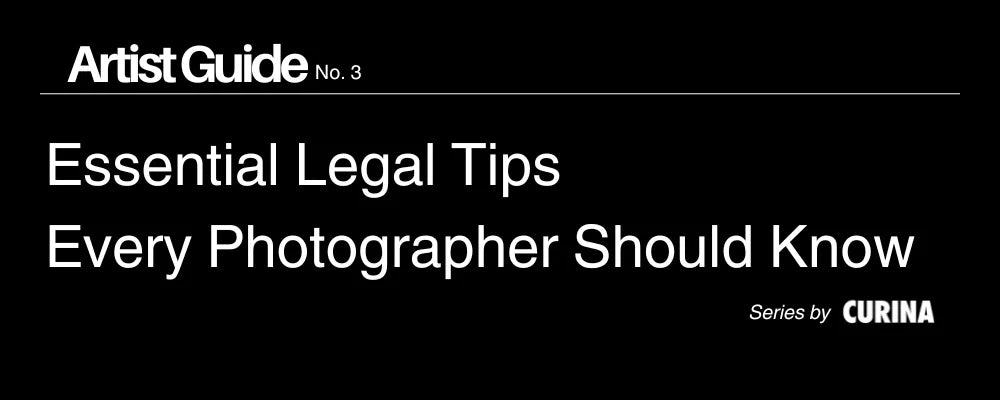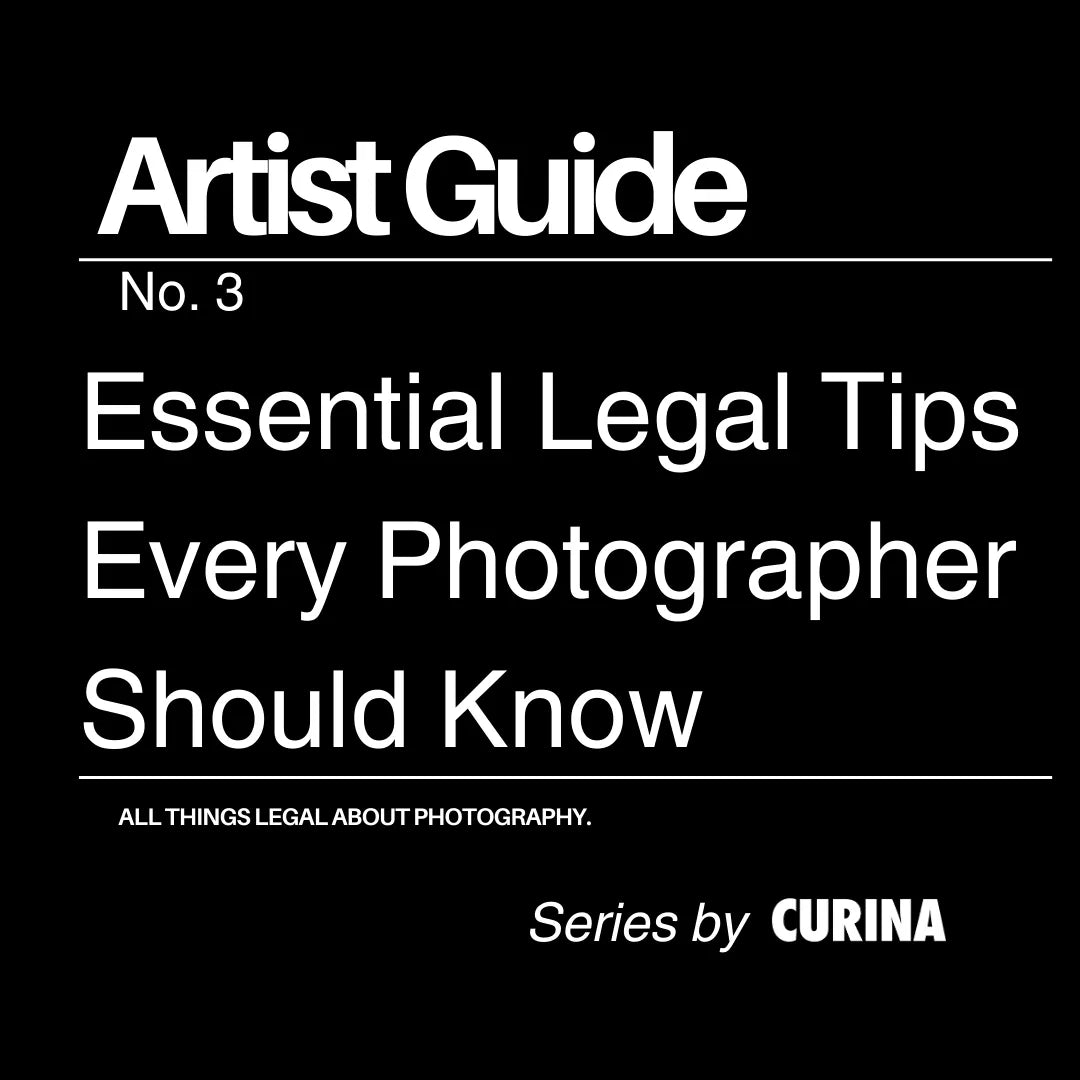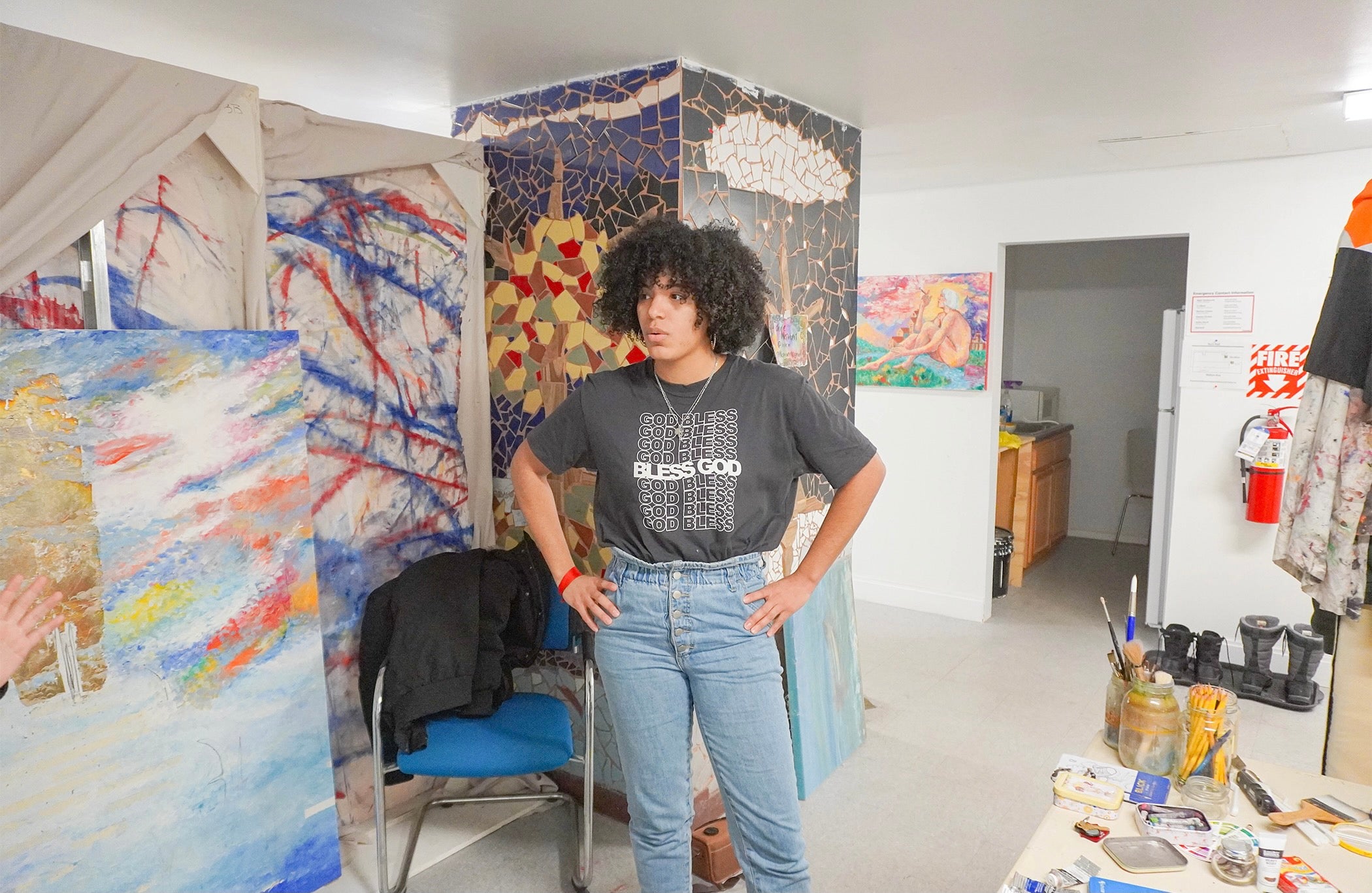No Products in the Cart


Whether you’re a full-time photographer, an artist who uses photography in their work, or someone using photography in a commercial context, understanding the legal landscape is crucial to protecting your work and navigating potential pitfalls. Here’s a breakdown of the key legal considerations for photographers:
COPYRIGHT BASICS
Ownership and Rights
In most countries, the photographer is the automatic copyright holder of their images as soon as they are created. This means you have exclusive rights to reproduce, distribute, and display your work. However, if you create images for an employer, the employer may own those rights unless otherwise specified in a contract.
Fair Use
Understanding the concept of fair use is essential. In the U.S., fair use allows limited use of copyrighted material without permission for purposes like criticism, comment, news reporting, teaching, or research. However, the determination of fair use is nuanced and can lead to legal disputes, so it’s wise to consult a legal professional when in doubt.
MODEL RELEASES
When You Need Them
A model release is a legal document obtained from the person in your photographs granting you permission to use their likeness. If you’re photographing identifiable individuals for commercial purposes—such as advertising or promotional materials—a model release is essential to protect yourself from legal claims.
Exceptions
If your work is purely editorial (e.g., news photography), you may not need a model release. However, using identifiable images in any commercial context without consent can lead to privacy violations and legal challenges.
PROPERTY RELEASES
Capturing Private Property
Similar to model releases, a property release is necessary if you plan to use images of private property for commercial purposes. This is especially important when the property has recognizable features or branding that could imply endorsement or association with your work.
Public vs. Private Spaces
Generally, you can photograph in public spaces without a release. However, be cautious about capturing images that might infringe on a property owner's rights, especially if your intent is commercial.
PRIVACY & INTRUSION
Right to Privacy
Individuals have a right to privacy, which can sometimes intersect with photography. Taking candid photos in private settings, or where someone has a reasonable expectation of privacy (like in their home or a bathroom), can, of course, lead to legal issues.
Consent and Context
Always consider the context of your photographs. If you’re shooting in a public space, the expectation of privacy diminishes, but it’s still respectful to seek consent when possible.
COPYRIGHT & LICENSING
Protecting Your Work
To protect your images, consider registering your work with the copyright office, which provides additional legal benefits. This can be particularly useful if you need to enforce your rights against infringers.
Licensing Your Work
Licensing is a way to legally allow others to use your work while retaining ownership. Different types of licenses (exclusive, non-exclusive, etc.) offer various levels of control. Be clear about the terms to avoid misunderstandings.
INTERNATIONAL CONSIDERATIONS
Different Laws Abroad
If you’re traveling for photography, be aware that copyright laws vary significantly by country. Familiarize yourself with local laws regarding photography, model releases, and privacy rights, as what is permissible in one place may not be in another.
BEST PRACTICES
Educate Yourself
Stay informed about copyright laws, model and property releases, and other legal matters relevant to photography. Online resources, workshops, and legal consultations can provide valuable insights.
Use Contracts
Whenever possible, use contracts for commissioned work, collaborations, or licensing. Clear agreements help manage expectations and protect both parties.
Keep Records
Document all permissions and agreements, whether they are model releases, property releases, or licensing agreements. Having a clear record can be crucial in case of disputes.
Consult Legal Professionals
When in doubt, consult with a legal professional specializing in intellectual property or media law. They can offer tailored advice based on your specific circumstances.
* * *
Navigating the legal landscape of photography can be complex, but understanding your rights and responsibilities is essential for any artist. By staying informed and taking proactive measures, photographers can focus on their creative work while safeguarding their artistic and legal interests.






